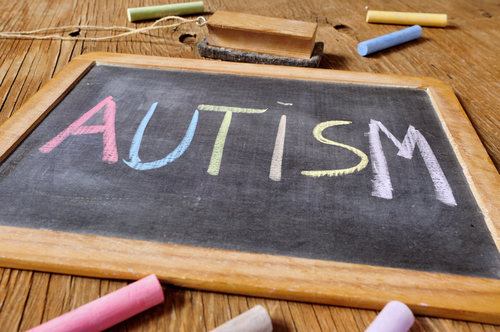Changing diet may treat autism
IANS Jun 20, 2017
Altering the make-up of bacteria in the gut through diet, pro-and prebiotic supplements, faecal matter transplants or antibiotics might reduce the symptoms of autism, suggests new research.

The findings, published in the journal Frontiers in Cellular Neuroscience, are based on a review of more than 150 papers on Autism Spectrum Disorder (ASD) and gut bacteria.The review highlighted many studies showing that restoring a healthy balance in gut bacteria can treat ASD symptoms."Efforts to restore the gut microbiota to that of a healthy person has been shown to be really effective" explained Qinrui Li of Peking University, China."Our review looked at taking probiotics, prebiotics, changing the diet -- for example, to gluten -- and casein-free diets, and faecal matter transplants. All had a positive impact on symptoms," Li added.
These include such things as increased sociability, a reduction in repetitive behaviour, and improved social communication -- all hugely beneficial to the life of an ASD sufferer."To date, there are no effective therapies to treat this range of brain developmental disorders," Li pointed out."The number of people being diagnosed with ASD is on the rise. As well as being an expensive condition to manage, ASD has a huge emotional and social cost on families of sufferers," Li said.
The link between the gut and ASD is well-known among sufferers: Problems like diarrhoea, constipation and flatulence are commonly reported.The root of gastro-intestinal problems like these is an imbalance of "good" and "bad" bacteria in the gut.Many of the papers reviewed support the idea of a gut-brain axis - a way in which factors in the gut can affect processes in the brain.So these gastrointestinal problems may have a more sinister side. The overgrowth of bad bacteria in the gut inevitably leads to an overproduction of by-products - including toxins.These can make the gut lining more permeable. Then toxins, by-products and even undigested food can get into the bloodstream and travel to the brain.In a child under three years old, whose brain is at the height of development, the presence of these chemicals can impair neurodevelopment, leading to ASD, the researchers said."ASD is likely to be a result of both genetic and environmental factors" Li said.
-
Exclusive Write-ups & Webinars by KOLs
-
Daily Quiz by specialty
-
Paid Market Research Surveys
-
Case discussions, News & Journals' summaries